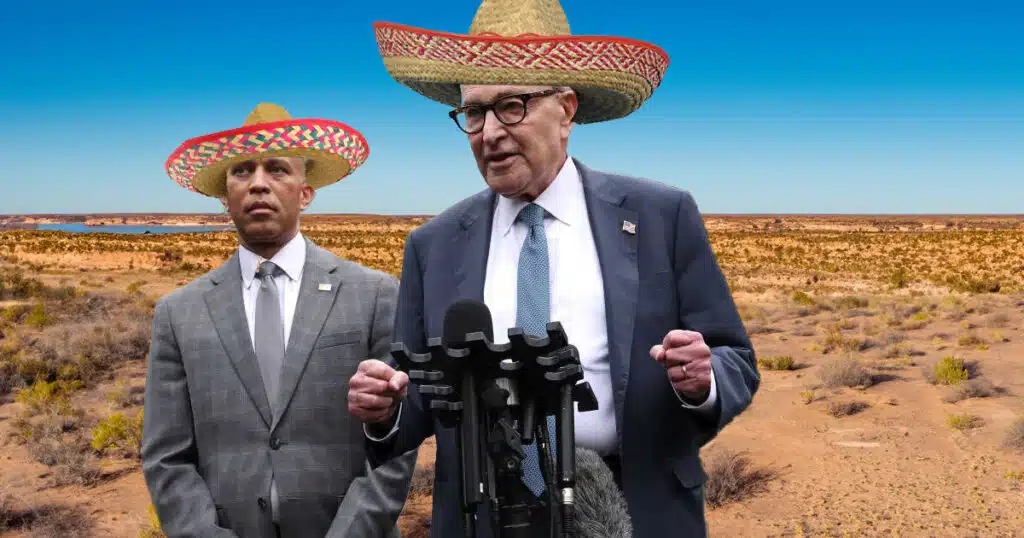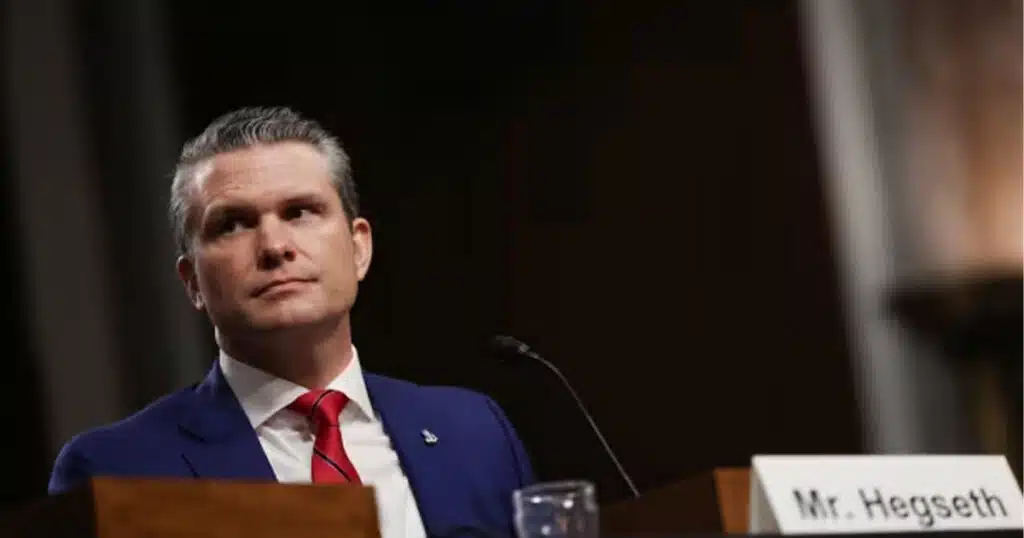
Democracy Promotion is Dead: Good Riddance
What passes for intellectual heft at The Atlantic magazine is any criticism of President Donald Trump. In The Atlantic’s pages and its digital fare, you can read the by now discredited musings of David Frum, who helped bring us the endless wars in Afghanistan and Iraq; the inane foreign policy arguments of Max Boot; the interventionist prescriptions of Anne Applebaum; and now the democracy promotion of political science professor Brian Klaas, who in a recent article blames President Trump for killing “American democracy promotion.” If Klaas is correct, that is one more reason that Americans need to thank President Trump.
One would have thought that the debacles in Afghanistan and Iraq would have humbled our nation’s democracy promoters, but they haven’t. One would have thought that the failed foreign policy of Jimmy Carter would have humbled those who wish to make “human rights” the centerpiece of U.S. foreign policy, but it didn’t. One would have thought that the chaos facilitated by the so-called “Arab Spring” would engender prudence and introspection among the democracy promoters, but it is not so. Professor Klaas wants the world to become democratic and wants U.S. foreign policy to lead the effort in bringing the globe to the promised land.
The Trump administration, Klaas writes, has “turn[ed] against a long-standing tradition of Western democracy promotion.” Perhaps Klaas has never read George Washington’s Farewell Address in which he counseled his countrymen to conduct foreign policy based solely on the nation’s interests, or John Quincy Adams’ July 4, 1821, address in which he cautioned against going abroad in search of monsters to destroy and reminded his listeners that America is the well-wisher of freedom to all but the champion only of her own. Perhaps Klaas believes that Wilsonianism is a “long-standing” American tradition, but in reality, it is mostly limited to starry-eyed liberal internationalists and neoconservatives.
Klaas mentions the “democracy boom” under Bill Clinton, which was nothing more than a temporary consequence of America’s victory in the Cold War. Yet Klaas thinks it was the beginning of “shifting international norms” where freedom and democracy triumphed in “the ideological battle against rival governance” and “had become an inexorable force.” Here, Klaas is likely referring to Francis Fukuyama’s discredited theory of the “end of history.” We have since discovered, however, that history didn’t die and that democracy is fragile, especially in places and among civilizations that have little democratic experience. Fukuyama was wrong, but Samuel Huntington was right when he wrote about the coming “clash of civilizations.” One wonders if Klaas has read Huntington or Toynbee, or Spengler. Or, more recently, Robert Kaplan’s The Tragic Mind.
Klaas criticizes Trump for praising dictators, but Woodrow Wilson praised Lenin and Franklin Roosevelt praised Stalin. Klaas says that Trump is indifferent to democracy and human rights—no, Trump simply refuses to make them the centerpiece of U.S. foreign policy, which is a “long-standing” tradition that stretches back long before Wilson to our Founding Fathers. But not even Wilson or FDR wanted America to right every wrong in the world, as Klaas does. Klaas wants his “human rights” and democracy agenda “backed by weapons.” He laments that authoritarian regimes no longer need to fear the “condemnation” and the “bombs” of the American president.
Klaas’s leftism is revealed when he condemns the United States for helping to replace Mossadegh with the pro-American Shah of Iran, overthrowing the Marxist regime of Patrice Lumumba in Congo, and helping to overthrow Allende in Chile, and for cozying-up to other authoritarian regimes. The professor might want to read Jeane Kirkpatrick’s Dictatorships and Double Standards to learn that sometimes doing these things are in America’s national interests. Klaas’s leftism jumps off the page when he refers to the illegal aliens removed by the Trump administration—many with criminal records—as “foreign pilgrims.”
Some of those “foreign pilgrims” raped and killed Americans. But Klaas’s first priority is not America or its citizens; it is using American treasure and blood to promote his chimerical notions of global democracy and universal human rights. He is anti-Trump precisely because Trump’s foreign policy is America First. Let’s hope Klaas’s style of democracy promotion is dead.
Francis P. Sempa is an attorney and the author of Geopolitics: From the Cold War to the 21st Century and America’s Global Role: Essays and Reviews on National Security, Geopolitics and War.
This article was originally published by RealClearDefense and made available via RealClearWire.



